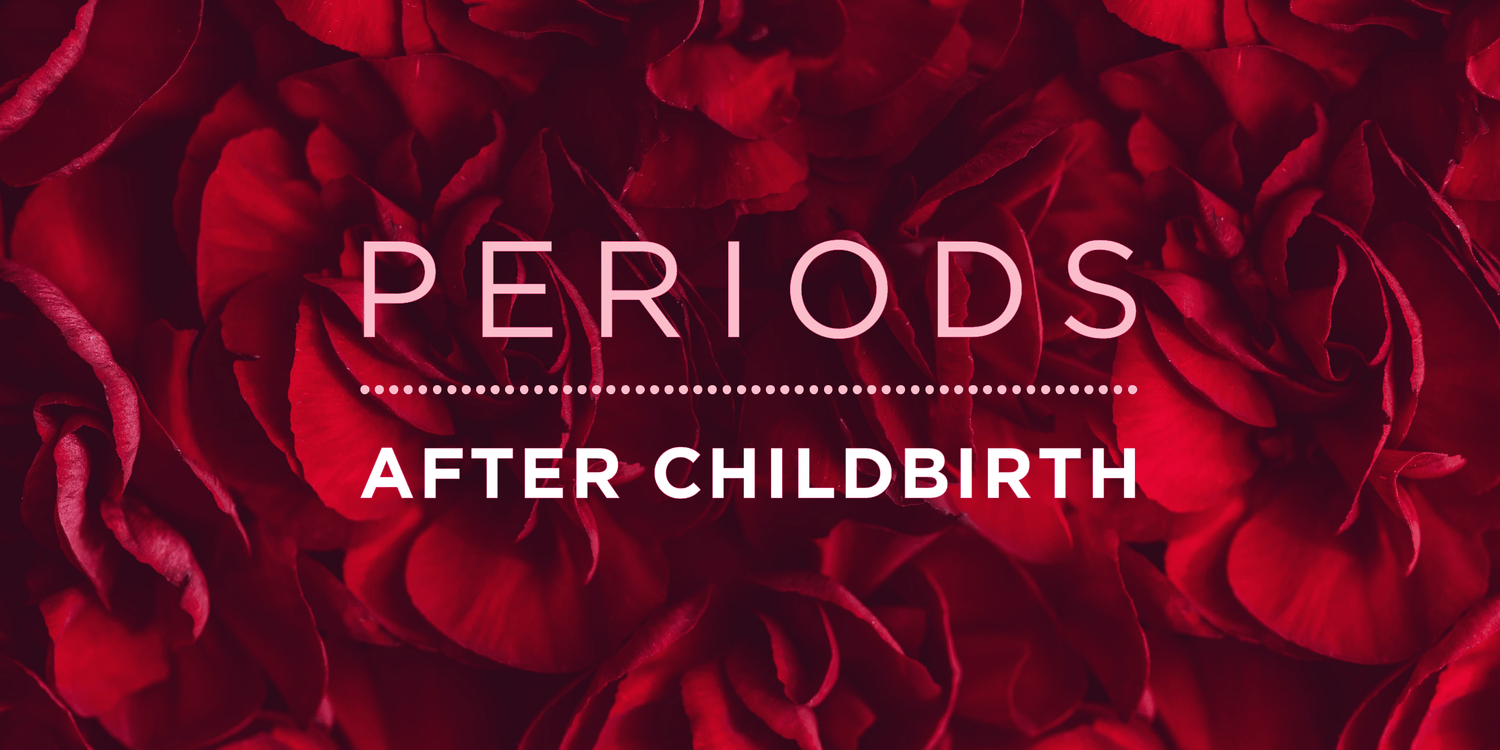What to Expect and How to Manage Postpartum Periods

After giving birth, many women experience a variety of physical and emotional changes as their bodies recover and adjust to the new demands of motherhood. One common concern for women during this time is the return of their menstrual cycle, or periods after childbirth. Understanding what to expect and how to manage this aspect of postpartum life can help new mums navigate this transition with ease.
First and foremost, it's important to note that every woman's experience with periods after childbirth can vary. Factors such as breastfeeding, hormonal changes, and individual differences can all influence when and how your menstrual cycle returns. Some women may see their periods return within a few weeks after giving birth, while others may not experience them for several months, especially if they are exclusively breastfeeding.
Breastfeeding plays a significant role in delaying the return of menstruation. The hormone prolactin, which is responsible for milk production, also inhibits the release of certain reproductive hormones necessary for ovulation. This means that women who breastfeed exclusively, without introducing supplemental formula or solid foods, may not ovulate or have a period for an extended period of time. However, it's important to note that breastfeeding is not a foolproof method of contraception, and it is still possible to become pregnant before the return of your period.
For women who are not breastfeeding or have introduced supplemental feeding, their periods may return sooner. It's common for the first few periods after childbirth to be irregular, both in terms of timing and flow. This is due to the body's hormonal fluctuations as it readjusts postpartum. It's also worth mentioning that the first few periods can be heavier and more painful than pre-pregnancy periods. This is because the uterus is still healing and may take some time to fully recover.
Managing periods after childbirth involves finding the right balance between comfort, convenience, and personal preference. Here are some tips to help you navigate this phase:
Use the right products:
Choose menstrual products that are comfortable and suitable for your needs. For breastfeeding mothers concerned about their environmental impact, reusable menstrual pads are an excellent alternative to disposable pads. Eco-friendly pads, such as our BodyICE Woman Reusable Menstrual Pads, not only reduce waste but are also gentle on sensitive postpartum skin. They offer comfort, absorption, and can be washed and reused, making them cost-effective in the long run.

Take care of yourself:
Prioritise self-care during your period. Get plenty of rest, eat a balanced diet, and stay hydrated. Gentle exercises like walking or yoga can also help alleviate cramps and improve mood.
Communicate with your healthcare provider:
If you have any concerns about your menstrual cycle or experience severe pain or heavy bleeding, don't hesitate to reach out to your healthcare provider. They can provide guidance and ensure that everything is progressing as expected.
Consider contraception:
If you're not ready to have another child, it's essential to discuss contraception options with your healthcare provider. They can help you choose a method that is safe and suitable for your individual circumstances.
Be patient with your body:
Remember that your body has undergone significant changes during pregnancy and childbirth. It may take time for your menstrual cycle to regulate and for your periods to return to their pre-pregnancy pattern. Be patient and give yourself grace during this transition.
Periods after childbirth are a normal part of a woman's postpartum journey. By understanding what to expect and taking care of your body, you can navigate this phase with confidence and ease. Remember that every woman's experience is unique, so don't compare yourself to others. Trust your instincts, listen to your body, and reach out for support when needed.






Leave a comment
All comments are moderated before being published.
This site is protected by hCaptcha and the hCaptcha Privacy Policy and Terms of Service apply.